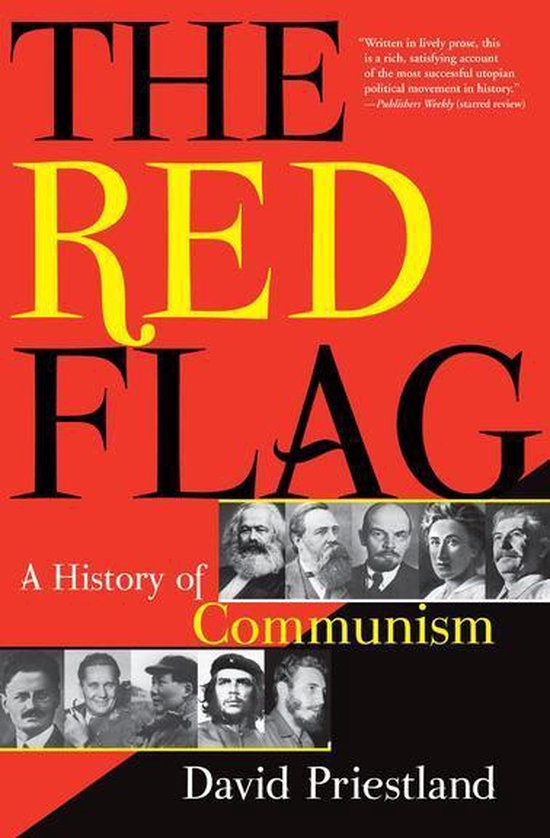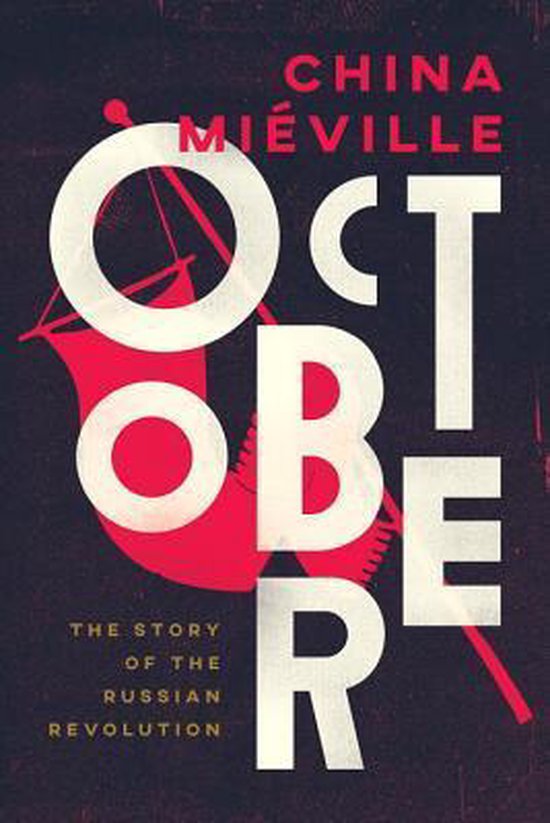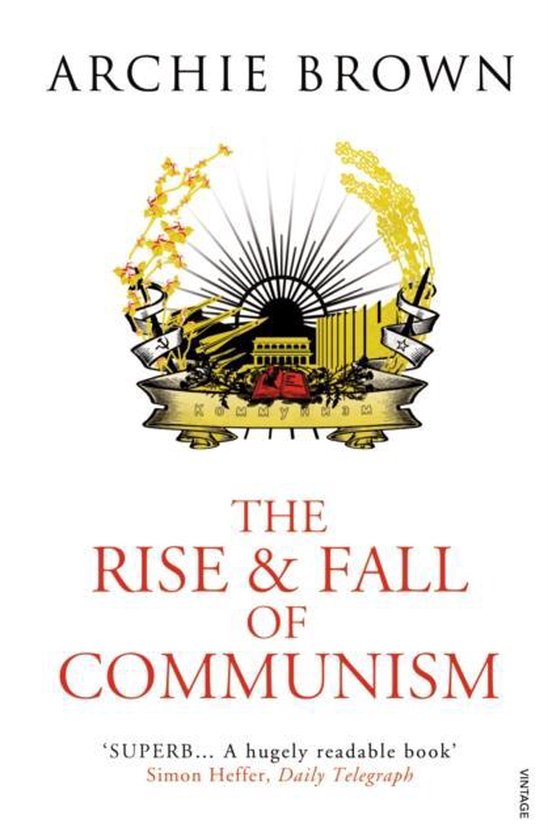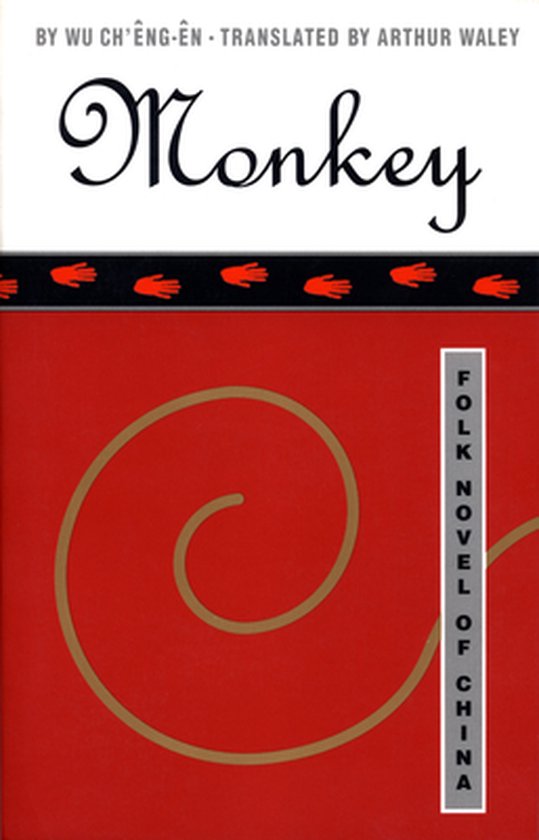
The Red Flag
Communism was one of the most powerful political and intellectual movements the world has ever seen. At the height of their influence, Communists controlled more than a third of the earth's surface. But perhaps more astonishing than its rapid rise and extraordinary reach was Communism's sudden, devastating collapse in November of 1989. In The Red Flag, Oxford professor David Priestland tells the epic story of a movement that has taken root in dozens of countries across two hundred years, from its birth after the French Revolution to its ideological maturity in nineteenth-century Germany to its rise to dominance (and subsequent fall) in the twentieth century. Beginning with the first modern Communists in the age of Robespierre, Priestland examines the motives of thinkers and leaders including Marx, Engels, Lenin, Stalin, Castro, Che Guevara, Mao, Ho Chi Minh, Gorbachev, and many others. He also asks what it was about Communism that inspired its rank and file--whether the militants of 1920s Russia, the guerrilla fighters of China, or the students of Ethiopia--and explores the experience of what it meant to live under Communism for its millions of subjects. He shows how Communism, in all its varieties, appealed to different societies for different reasons, in some as a response to inequalities and in others more out of a desire to catch up with the West. But paradoxically, while destroying one web of inequality, Communist leaders were simultaneously weaving another. It was this dynamic, together with widespread economic failure and an escalating loss of faith in the system, that ultimately destroyed Soviet Communism itself. At a time when global capitalism is in crisis and powerful new political forces have arisen to confront Western democracy, The Red Flag is essential reading if we are to apply the lessons of the past to navigating the future.
| Auteur | | David Priestland |
| Taal | | Engels |
| Type | | Paperback |
| Categorie | | Mens & Maatschappij |





